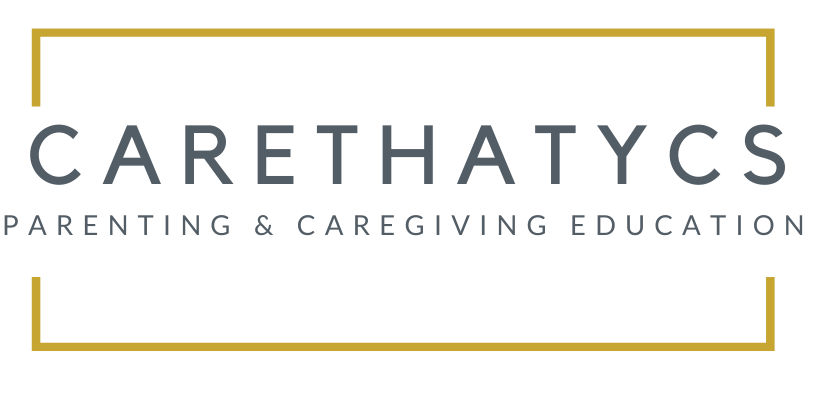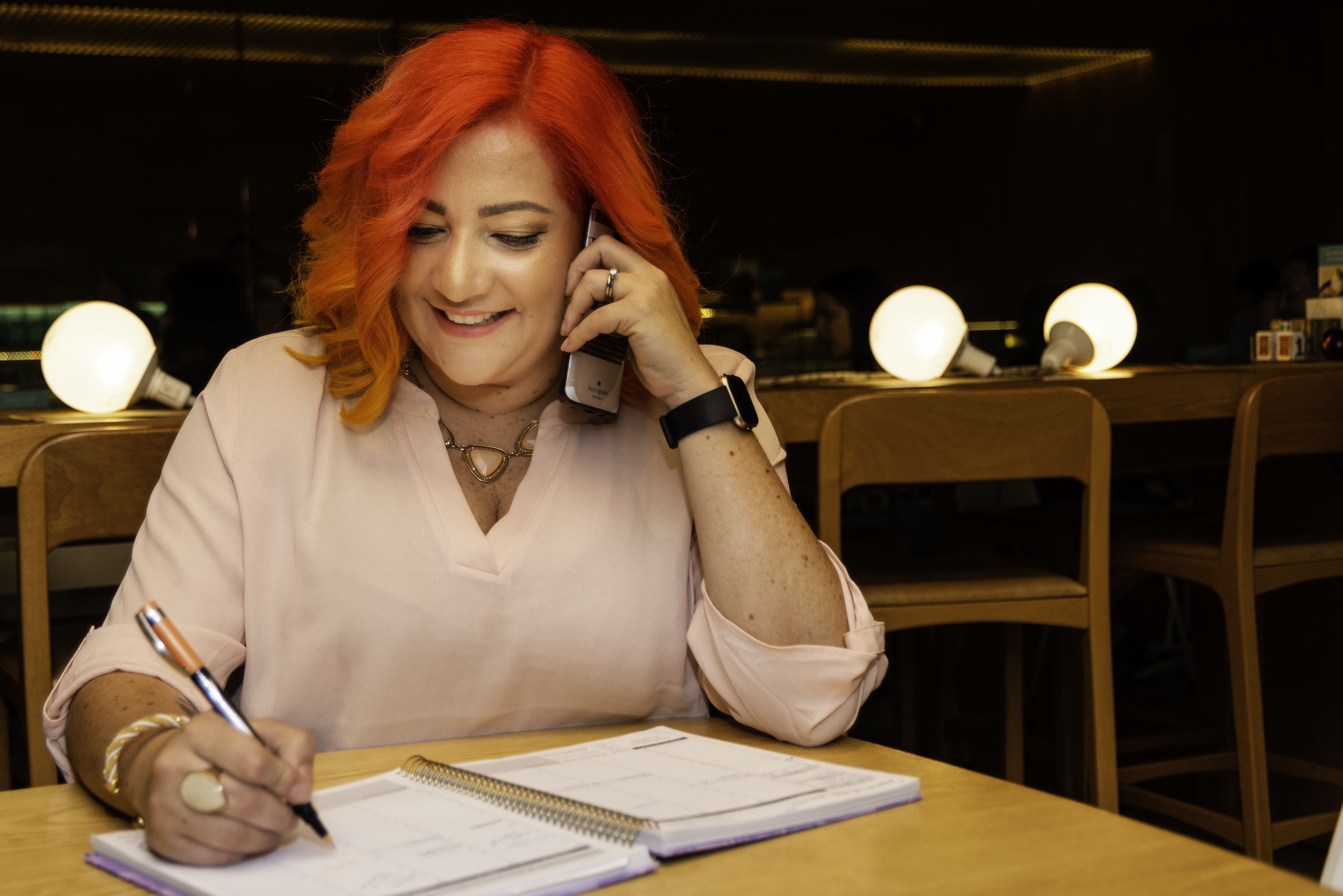The Montessori method is a scientific pedagogy arguing that education should contribute to the development of the child’s mind, being necessary to respect his individuality and encourage his autonomy, self-esteem and self-confidence. Montessori considered that the behavioral and learning delays of children were due to the lack of necessary stimuli in the environment in which they lived, and that it was necessary to have environments prepared for each phase of life, which the method calls Planes of Development, which we will learn in details to follow:
First Developmental Plane (0 to 6 years old)
Known as “The Absorbing Mind”
In the first stage of a child’s life, the Montessori method has two main objectives: to know the functioning of the world, to understand it and to have physical independence from parents.
In the case of the first objective, they will begin to understand the functioning of the world through images, sounds, language, social rules and contracts, physical, chemical, biological laws and the culture that surrounds the child. This understanding happens very quickly, thanks to the great learning capacity and storage of the infant brain, which is transformed with each new information received.
Physical independence, which is another important goal in this phase, is practically the child wanting to do their own thing, they want to learn how things work, but they don’t want adults to do things for them.
They want to do it themselves, and it makes total sense, since it is through action that they learn, develop, grow and transform. Even in the face of the difficulties and failures of the first attempts, babies do not give up, they insist and only stop when they achieve success and learning. Montessori always said that we should not stop a child when they try to do something on their own, even if they do not succeed immediately and no matter how slow their progress is.
This first phase is guided by sensitive periods: they are cycles that occur in the baby’s first years, in which they are interested and directs their efforts completely towards their development. There will be more sensitive phases focused on physical development, others in speech, others that will develop the senses, writing and, mathematics.
When the child is free to explore their interests and curiosity during sensitive periods, they will have more ease and fluidity to develop them, without requiring much effort. The results will be much greater, as you will not be ignoring the sensitive moments for that particular activity. As they learn more complex and difficult things, children learn more about the world around them and start wanting to explore the worlds that they are still unaware of. This is where they move to the second plane of development.
Second Developmental Plane (6 to 12 years old)
Known as “Conscious Imagination”
At this stage, our little ones already know the world around them, which is in front of their eyes. They already know how to take care of themselves, they can do this with others and in the environment they live in. They already have physical independence to the point of wanting to discover new worlds that could not be within reach until then. What would these worlds be? Other countries, continents, understand the universe, how the civilizations of the past worked, how was the formation of the Earth and how was the evolution of species.
Montessori’s methodology usually states that, in the First Plane, “the child’s hands are instruments of human intelligence”, in the Second Plane, the child’s hands are their imagination. For it is through them that they explore and seek to understand the worlds that it is not possible to go physically and not even live in it. They search for experience is in reading, listening, studying, imagining, in this way, the child gains their intellectual independence and starts shaping their opinion of the world around him.
Their quest is to be able to learn to think without depending on someone, that is, alone. Debates at these times always helps, because, when dialogizing with others, we learn new points of view; this phase is very important in the social interaction that, more and more, will have less interference from adults.
Due to great coexistence and because it is the stage in which their critical sense is developed, it will be inevitable that moral questions will arise. At this stage, the phrase most spoken by the children is “this is not fair”. Just as, in order to understand the world, children need to question, hear and learn many stories. Understanding moral and social issues requires time and freedom for analysis.
We cannot protect them and solve their problems, nor can we invalidate their opinions because they are children – even if they question us about something -. In the Second Plane of development, the adult must contribute elements so that the child understands what the child wants, but must let them reflect on their interest and choose for themselves – questions, stories, conversation and time -. Social interactions are increasingly fundamental in the lives of children in this phase, until adolescence.
Third Developmental Plane (12 to 18 years old)
Known as “New Identity”
Teenagers like and find themselves in interaction with each other. In this phase, the independence they seek is social, they want to socialize without the presence or help of adults. The yearning for social independence is also a way of solving their own problems, without needing the opinion of adults and without worrying about it – in fact, many times, they will act against these opinions, as a way to get rid of them -. However, it is also seeking to understand more fully how society works, with all its peculiarities: the city, culture, ideology, economics, science, and politics.
Being part of a group is very important at this stage. As well as feeling accepted without needing adjustments. It is essential that teenagers have the opportunity to study, work, and live in groups, for a long time. Being encouraged to form healthy groups is the great role of adults with teenagers. Healthy groups are those in which people feel wanted and have a sense of belonging and that have a purpose that transcends themselves.
The teenager needs to understand their purpose with their community – at school, in the neighborhood and in the city – it is important to have a broader interaction with all of them.
It is necessary to work and receive remuneration, that is, to serve something. The ideal remuneration is always financial, since it is a tool that gives them independence, added to jobs that aim to teach something, work as a team and have responsibilities. The work should be focused more on learning than on economic ends and, in cases, of not obtaining remuneration, a good option is voluntary work or even exchange of services. This helps and prepares the adolescent, because, in addition to being a member of several social groups, bringing plurality to their cultural background, they recognize their social function.
Fourth Developmental Plane (18 to 24 years old)
Known as “Maturity”
For Maria Montessori, the beginning of adulthood is very important for the development of being. Because, they no longer attend school, they are at college or in a vocation school that will help them in their career as they are looking to know what their mission is and which path they should follow.
A term used in Montessori methodology to talk about the Developmental Plane for the adult phase is the Cosmic Role. Montessori follows the belief that all beings have a function that contributes to cosmic balance, especially adults. Most of the time, our cosmic role has nothing to do with our professions. You may be a sales person, but your cosmic role is to make people see beauty in you. Our professions guarantee our livelihood and the possibility of living in the capitalist world. The cosmic role is how we contribute to the evolution of the universe.
The methodology defends that we should seek to work from an early age, whether as an assistant to something or an apprentice, so that we can grow in our profession and so that we can know the world as it is, outside the classroom. An adult who knows their mission on Earth and who is an expert in their profession, without being carried away by power and lust, will help to build a “powerful, rich and pure” world, thus having developed to their maximum potential.

